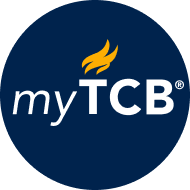
Amid a volatile political landscape, business leaders and their teams are overwhelmed with change––both change deliberately initiated by leaders and change associated with external developments. Employees are having to deal with everything from return-to-work pressures, added workloads, the threat of layoffs, and hiring freezes to advancing technologies, geopolitical shocks, and economic turmoil. In the struggle to keep up with constant churn and change, 83% of US workers report they suffer from work-related fatigue and stress, in many cases compounded by stress in their personal lives. Chief human resource officers (CHROs) should foster a culture of trust, prioritize well-being, and empower frontline coaching while removing cultural barriers to build sustainable change readiness and reduce change fatigue.

myTCB® Members get exclusive access to webcasts, publications, data and analysis, plus discounts to events.
